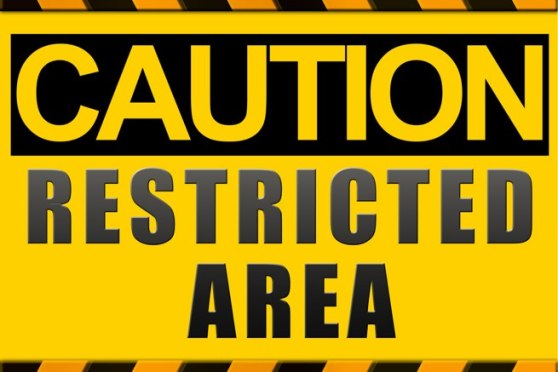The SEC Issues Alert For Reverse Mergers

On June 9, 2011, the Securities and Exchange Commission (the “SEC”) issued an Investor Bulletin (the “Bulletin”) cautioning the public about risks associated with issuers that enter U.S. markets through reverse mergers with public shell companies. In the… Read More
SEC Proposes New Rules Regarding General Solicitation and Advertising in Rule 506 Offerings

On August 12, 2012, the SEC proposed amendments to Rule 506 of Regulation D of the Securities Act of 1933, as amended (“Regulation D”) that would allow issuers to use general solicitation and advertising in certain private securities… Read More
Industry Guide 7 l Mining Company Disclosures

In their SEC filings, in addition to the disclosures required by Regulation S-K and 20F, mining issuers must include the disclosures required by Industry Guide 7. All U.S mining companies that are SEC filers are required to report under… Read More
What Is a Transfer Agent ? Going Public Lawyers

A shareholder of any company can own securities and transfer the ownership of those securities. Their ownership is reflected on the issuer’s shareholder list. A transfer agent’s role is to issue and cancel certificates to reflect changes in ownership of… Read More
Crowdfunding And The JOBS Act

On April 5, 2012, President Obama signed the Jumpstart Our Business Startups Act (the “JOBS Act”), into law. The JOBS Act is comprised of a number of smaller bills that reduce the regulatory burdens confronting emerging companies in… Read More
What Is An Emerging Growth Company?

On April 5, 2012, President Obama signed the Jumpstart Our Business Startups Act (the “JOBS Act”) into law. Title I of the JOBS Act, which became operative as soon as the JOBS Act was signed into law, amends… Read More
Accredited Investor Status | Going Public Lawyers

Regulation D under the Securities Act of 1933, as amended (the “Securities Act”), sets forth a safe harbor from the registration requirements of the Securities Act for certain private placements of securities. In connection with these exemptions, offerings… Read More
Rule 144 l The Reverse Merger Blacklist

Traditionally, private companies go public by registering an offering under the Securities Act of 1933, as amended (the “Securities Act”). Another way for private companies to go public is through a Reverse Merger (“Reverse Merger”) with a publicly… Read More
How To Use a Registration Statement When Going Public

Private companies going public with a registration statement (“Registration Statement”) under the Securities Act of 1933, as amended (the Securities Act”). When a Registration Statement is used, the company files it with the SEC, typically on Form S-1 registering… Read More
What Is The Section 4(1) Exemption?

Rule 144 (“SEC Rule 144”) under the Securities Act of 1933 (“Securities Act”) provides a safe harbor from the registration provisions of the Securities Act for resales of restricted and control securities by persons other than the issuer… Read More
 Jobs Act 101
Jobs Act 101